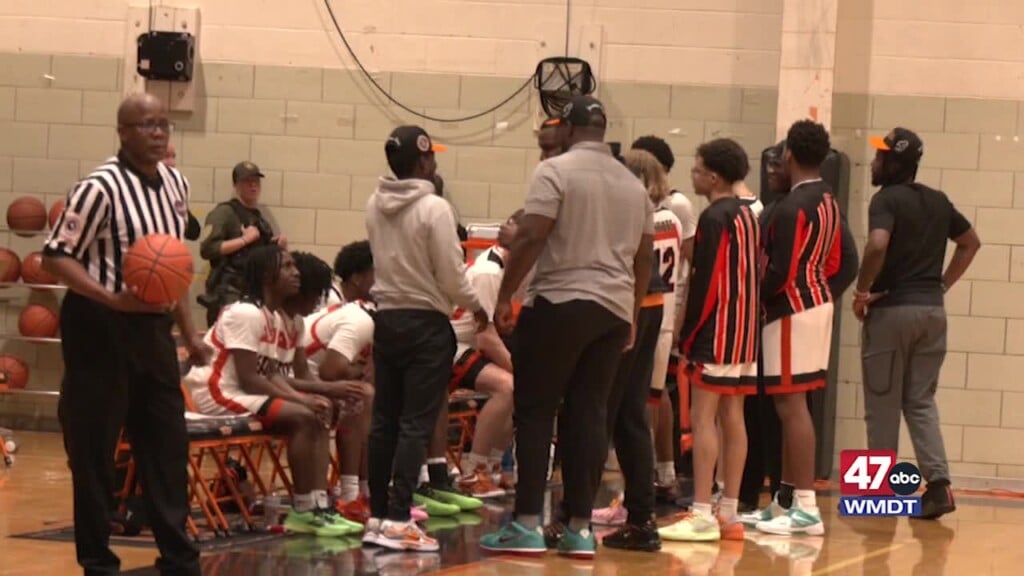Crisis Intervention Team Training may help address “suicide-by-cop” situations

As police across the United States are under major scrutiny, an officer-involved shooting in Dover, involving a suicidal victim with a fake gun, raises new questions.
Will this change the way first responders react to suicide threats?
According to Princess Anne Police Chief, Scott Keller, entry-level training for police officers is 20 weeks long, with only six to eight hours including how to respond to someone who is mentally ill.
That’s where Crisis Intervention Team (CTI) training comes in.
“It’s having the appropriate knowledge to maybe better understand to approach the situation in a different manner,” says Heather Brown, director of behavior health with the Wicomico County Health Department.
So far, 28 officers in total across Wicomico and Somerset counties have gotten this 40-hour training. According to Brown, it not only teaches officers how to properly respond to a crisis situation, but also what to communicate to hospitals or other providers so they know how to treat the person, rather than just putting them in jail.
“We’re breaking the cycle here,” says chief Keller. “We ultimately solve the problem with the mental health professionals and the hospital.”
The training also includes suicide prevention, but they key is prevention. Brown says once a person gets to the point that they want to commit suicide or suicide by cop, they have their mind made up.
The “suicide-by-cop” situation is what happened in Dover over the weekend, which led to the death of 52-year-old James Long.
Brown says properly responding to people before they get to that point is crucial.
“Or, if they are feeling suicidal, to give officers ways to be able to talk them through it,” she says. “If there’s any kind of tool we can allow them to go home safe that’s what we want.”
While the CIT training may prevent a situation from turning violent, the key piece of the program is still officer safety.
Chief Keller says if that is jeopardized, use of force may be the only option.
Wicomico County Sheriff Mike Lewis argues that fact is what the public fails to understand when an officer is forced to take a life. This is something he has experienced first-hand.
“It’s the last thing anyone wants to do,” he says. “There’s not a single day of my life that goes by I don’t think about shooting a man who happened to be a brother, a father, a son of a mom and dad.”
Sheriff Lewis says people have speculated about the national cases, including the shooting of Michael Brown, saying that officers did not have to shoot to kill. However, he says the cases that have not gotten national attention, are the ones where officers have been shot and killed when they waited to see if a weapon was real.
“I have no duty or responsibility to wait for that suspect to pull the trigger first and wait until he misses me at point blank range,” says Sheriff Lewis. The last thing we take pride in is having to use lethal force, but make no mistake about it, it’s going to happen again, it’s inevitable.”
Brown hopes the treatment will become a part of all entry-level police training.
While it will not prevent all situations where deadly force is warranted, the hope is it will prevent certain situations from getting to that point.
“You save one life, well, that’s all it had to be was one.”


